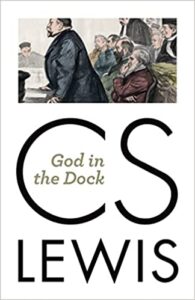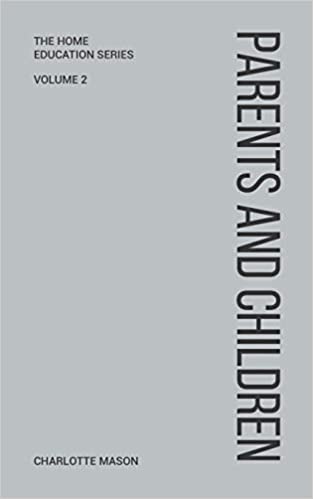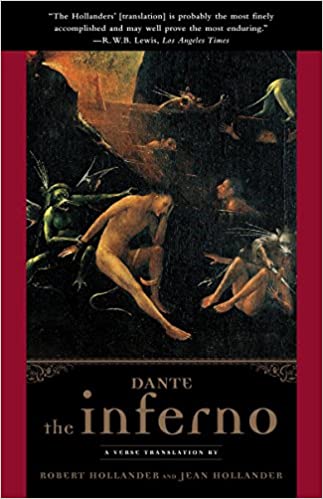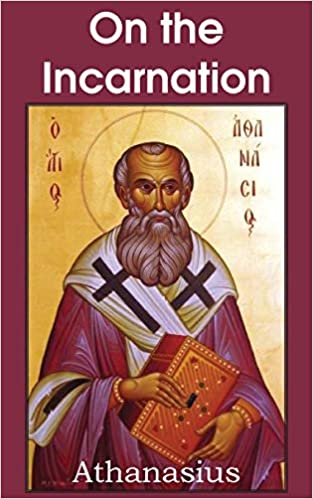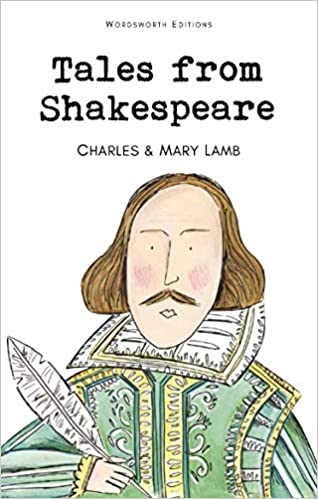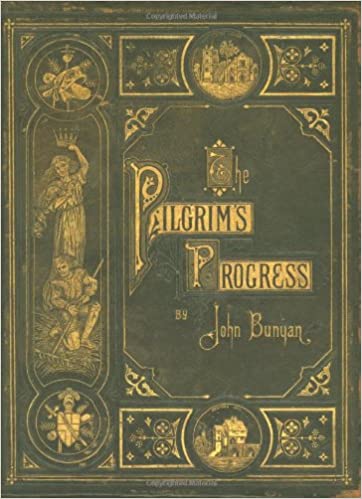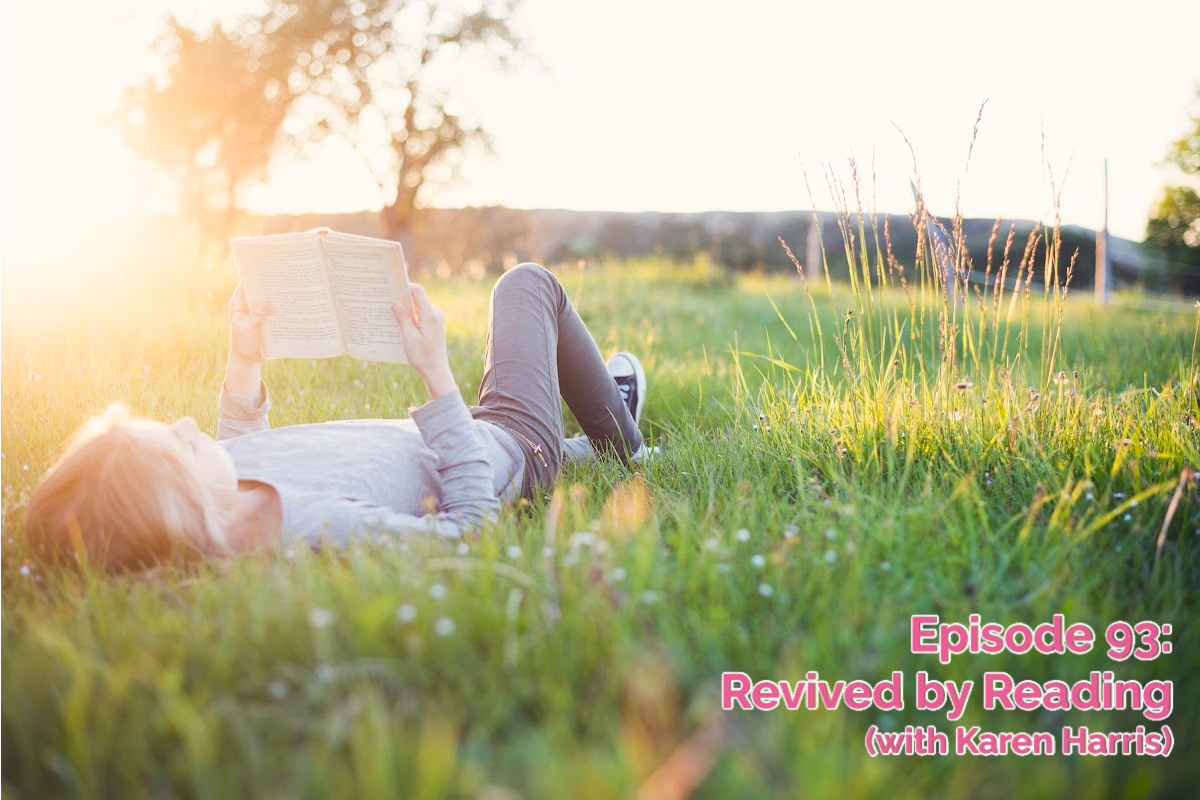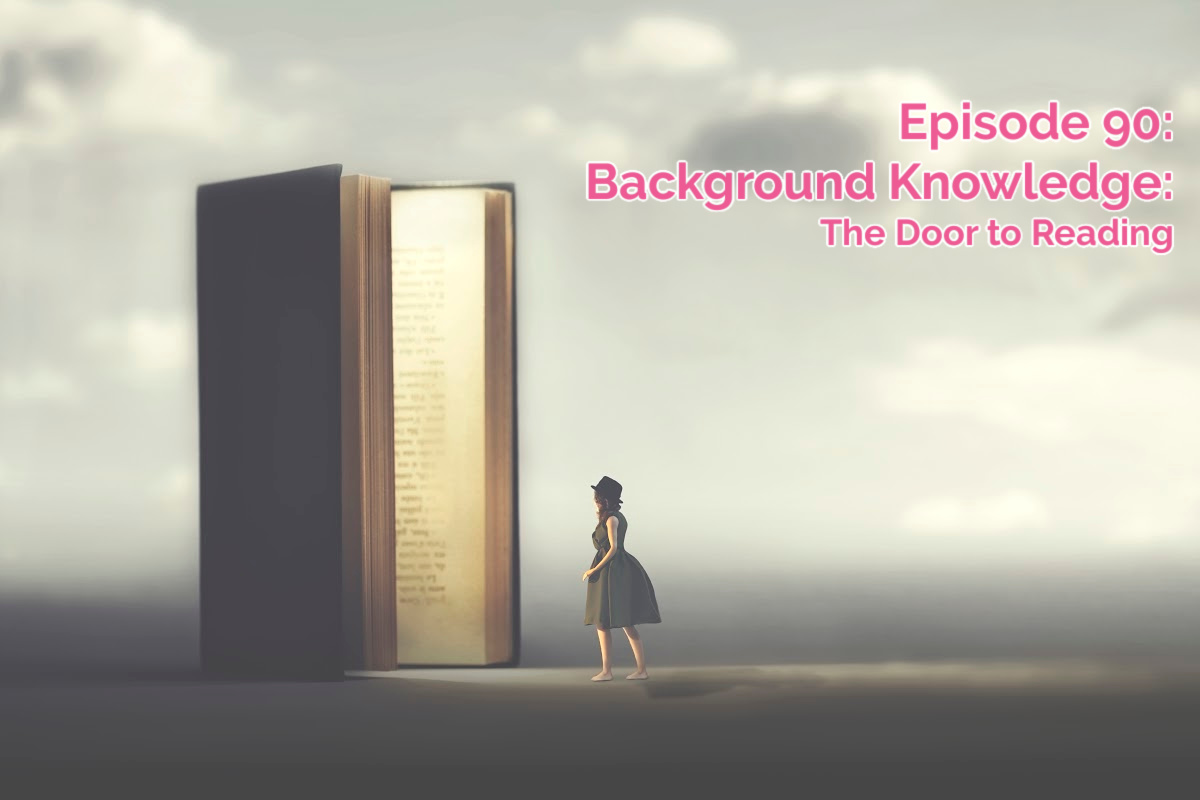SS #04: We Dare You to Read the Classics
In this episode, Mystie and I are daring you to be brave and read a classic, even if you don’t feel like you’re qualified. We tackle questions like why we feel intimidated by reading classic books, what are strategies for helping ourselves read them, and a whole lot more.
In addition, our nitty gritty homeschool question is all about starting Latin, so you won’t want to miss it.
Listen to the podcast:
TUNE IN:
Apple Podcasts | Spotify | Stitcher
Yes, you can read classics!
Today’s Hosts and Source
Brandy Vencel
grew up in the public school system, but her father passed on a love of reading that she continues to this day.
C.S. Lewis’s introduction to Athanasius’ On the Incarnation explains why we should read old books, and not just new ones.
“Every age has its own outlook. It is specially good at seeing certain truths and specially liable to make certain mistakes. We all, therefore, need the books that will correct the characteristic mistakes of our own period. And that means the old books.”
C.S. Lewis
Scholé Everyday: What We’re Reading
Parents and Children, Charlotte Mason
Brandy has been reading this book along with her local book group leadership team, and is loving it.
What makes a book a classic?
Classics are books that shape culture, and they continue to do so decades or centuries after they were written. And they can do this because classics contain arguments that are not tied to their own time, they
Why classics can be intimidating
The way classics are often introduced in school plays into it, instead of picking one up and reading it or having it read aloud to them, kids are given classics diced into small snippets or abridged versions. When we making classics seem like work and don’t present them as good and enjoyable, why would we be surprised when people avoid them in favor of something easy and fun?
Strategies for giving a love of classics
When we pick up a classic to be our read aloud and don’t make a big deal about it, our kids can just enjoy it and later be baffled by someone thinking a book like Pilgrim’s Progress is scary and difficult.
For older books with harder language, audiobooks can come to the rescue. If you don’t feel confident in reading aloud a certain book, just find an audiobook with a great reader to listen to along with your kids or to let them listen to when you need to be doing something else.
And if you have the time, following along in the book while listening to the audiobook is a great way to understand the book better, and improve you’re own reading aloud skills.
Another tool that is available is the good children’s versions of classic books. Little Pilgrim’s Progress, Saint George and the Dragon, and retellings of Shakespeare plays can introduce classics in a more approachable way without dumbing them down.
It has always therefore been one of my main endeavours as a teacher to persuade the young that firsthand knowledge is not only more worth acquiring than secondhand knowledge, but is usually much easier and more delightful to acquire.”
C.S. Lewis
The significance of translation
A good translation can make even an old classic so much easier and as C.S. Lewis points out a great author can take a complex idea and communicate it in a way that is understandable. Athanasius was trying to give people a better understanding of the incarnation of Christ, not obscure it in a bunch of jargon in an effort to sound smart.
In the same way, a bad translation can make a good book much more difficult and unpleasant, so when picking up an older classic it’s a good idea to do some research into which translation might be the best.
Start small
Don’t feel like you need to jump in and read huge chunks of a book, start with a page or two a day. Reading a classic for 10 minutes a day is making real progress, and it’s much better than planning on reading for an hour and never getting to it.
Mentioned in the episode
Listen to related episodes:
SS#137 – Fairy Tales Are True (with Vigen Guroian!!)
SS #100! Book Bash!
SS #93: Revived by Reading (with Karen Harris)
SS #90: Background Knowledge (The Door to Reading)

Want to talk about the ideas presented here? The conversation is happening inside Sistership.
Podcast: Play in new window | Download




